Visit Number Two 7/21/2917 (Page Five)
It was a Friday morning and Sue said "What should we do?" and then answered it by saying "I know, OC Fair!". We are off!

At noon there was hardly any people

Someone must have got kicked recently

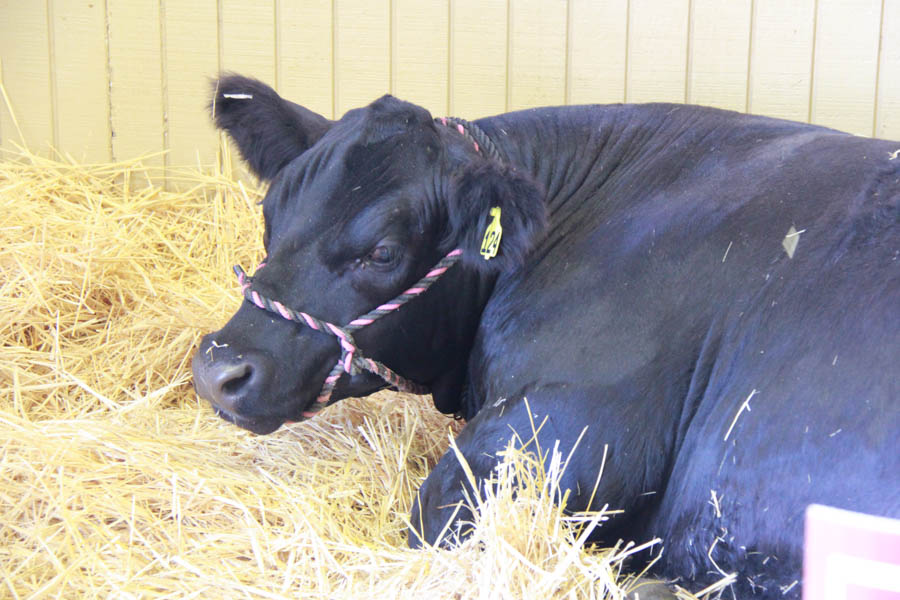
"Please be quiet, needs by beauty rest!"
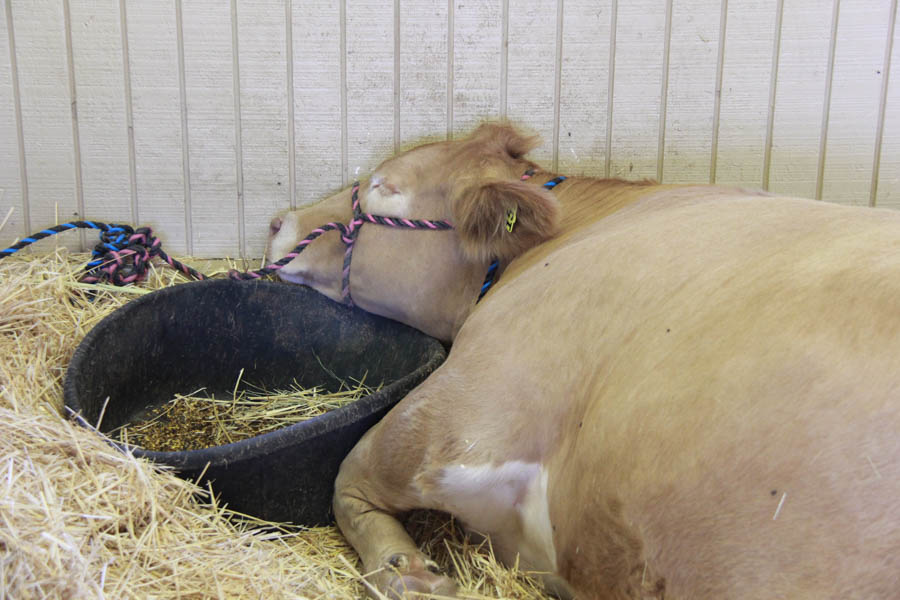
Snoring up a storm

Taking your turkey for a walk!

He is a big one!
Did You Know?
- At one time, the turkey and the bald eagle were each considered as the national symbol of America. Benjamin Franklin was one of those who argued passionately on behalf of the turkey. Franklin felt the turkey, although "vain and silly", was a better choice than the bald eagle, whom he felt was "a coward".
- According to the U.S. Department of Agriculture, more than 45 million turkeys are cooked and eaten in the U.S. at Thanksgiving—that's one sixth of all turkeys sold in the U.S. each year. American per capita consumption of turkeys has soared from 8.3 pounds in 1975 to 18.5 pounds in 1997 and has remained stable at about 16 pounds since 2011.
- In 2014, 235 million turkeys were raised. Compare this with the record low of 17.1 million birds in 1930, and the record high of 302.7 million in 1996.
- Turkeys are fed a diet of mainly corn and soybean meal along with a supplement of vitamins and minerals. They grow to full maturity in about 4 to 5 months, depending on the desired market weight.
- Only tom turkeys gobble.
- Age is a determining factor in taste. Old, large males are preferable to young toms (males) as tom meat is stringy. The opposite is true for females: old hens are tougher birds.
- A turkey under sixteen weeks of age is called a fryer, while a young roaster is five to seven months old.
- Turkeys are the only breed of poultry native to the Western Hemisphere.
- Turkeys have great hearing, but no external ears. They can also see in color, and have excellent visual acuity and a wide field of vision (about 270 degrees), which makes sneaking up on them difficult. However, turkeys have a poor sense of smell (what's cooking?), but an excellent sense of taste.
- Domesticated turkeys cannot fly. Wild turkeys, however, can fly for short distances at speeds up to 55 miles per hour. They can also reach speeds of 25 miles per hour on the ground.
- Turkeys sometimes spend the night in trees.
Turkeys can have heart attacks: turkeys in fields near the Air Force test areas over which the sound barrier was broken were known to drop dead from the shock of passing jets
- The ballroom dance known as the Turkey Trot was named for the short, jerky steps a turkey makes.
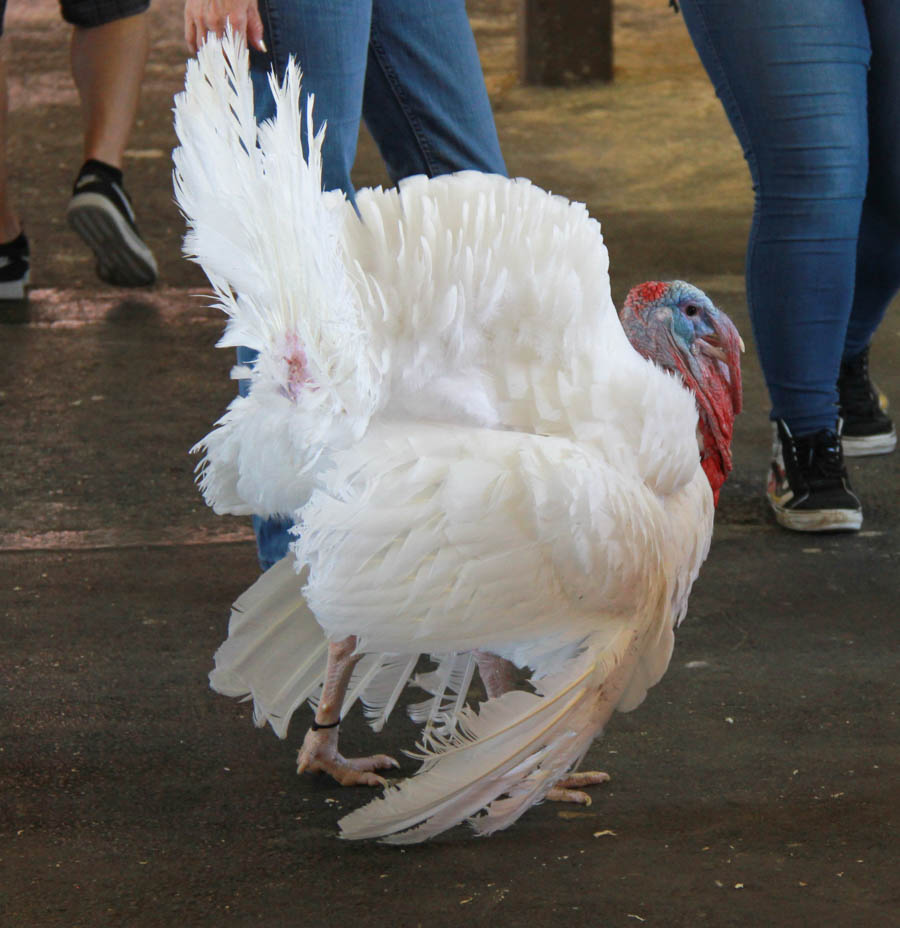
They like it cool and sometimes get a bath at the fair

Amazing... 240 pounds of products out of a 260 pound pig!
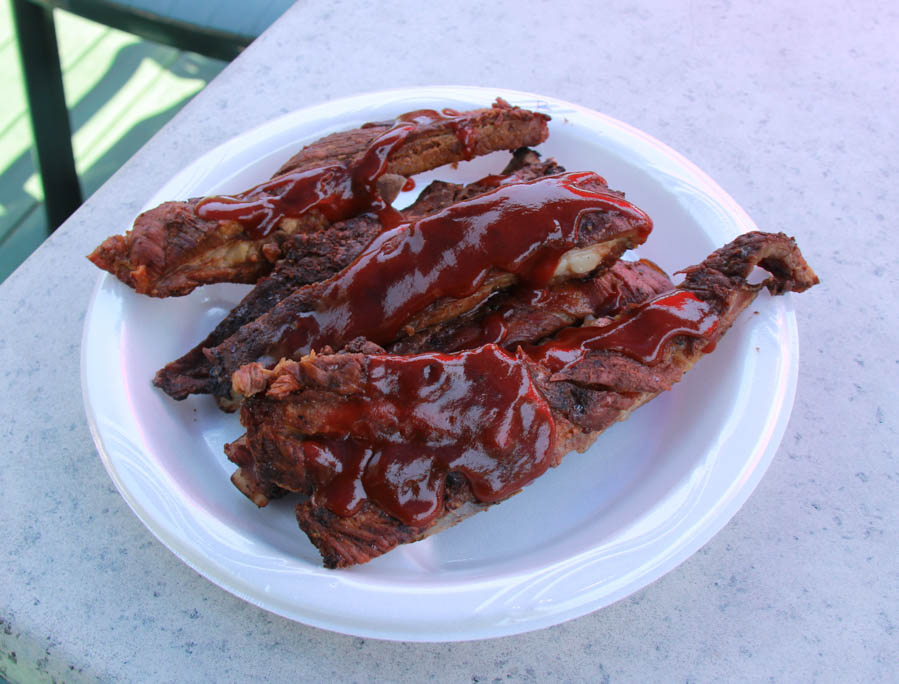
Paul tried the ribs... Look good but very dry... Disappointed!

Raining inside the kids tent

Off to market
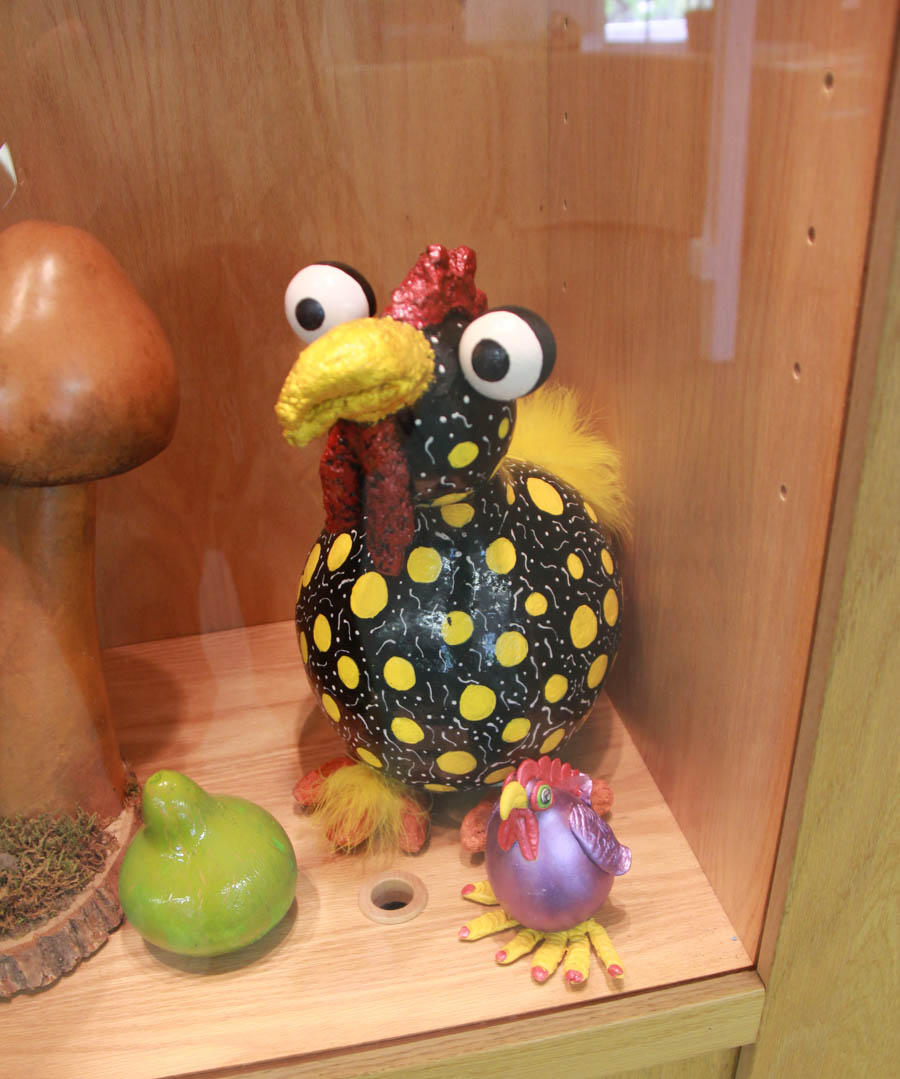
Made from a gourd!


A bit of a sticky wicket, say what?
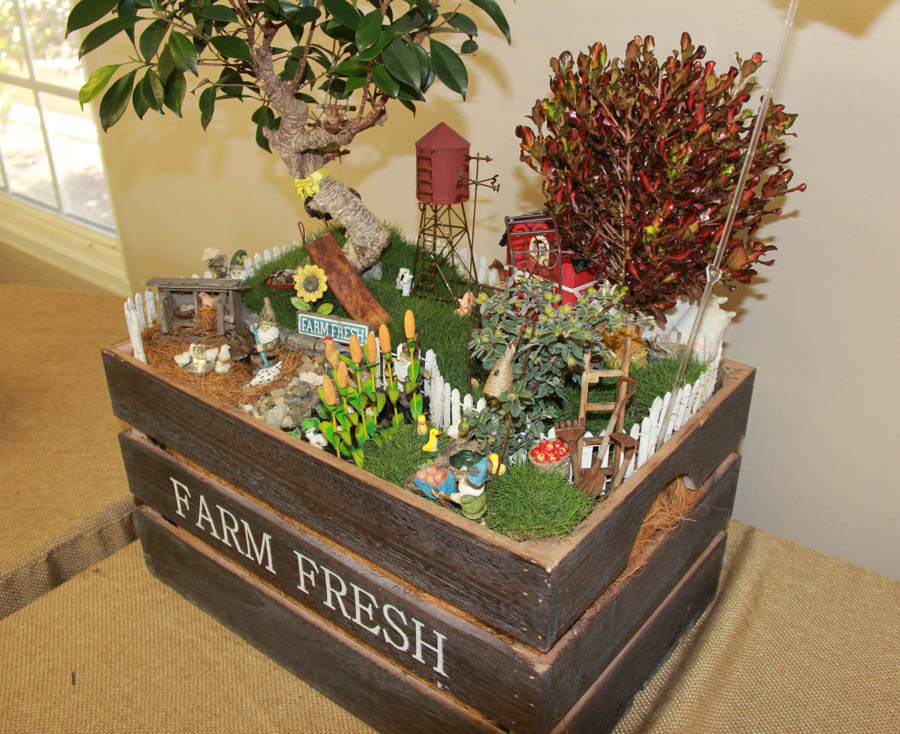
Clever!

No kidding,,, the dreadlocks plant

Amazing displays

Just about everything imaginable

Here come the flowers

Every color under the sun

The Dahlia's were just fantastic

Shaggy little guys

The fairy house done with miniature flowers

Do you see the bird bath?


The herb garden is well organized this year

Violet is due on the 25th...

If this is correct, we will get to see the babies

The woodworkers had a collection of old fashioned light bulbs

How many hours to put one of these together?

The crafts were, as usual, quite interesting

You find minions everywhere

Someone is quite clever!
